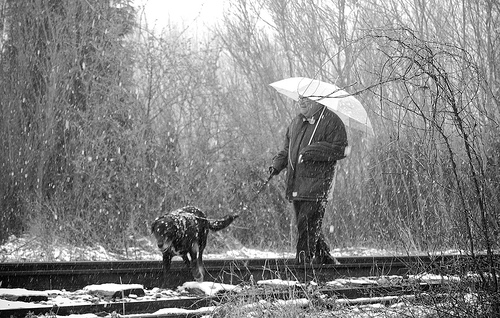 Data released by a new statewide study shows that better access to preventive and primary health care could have kept thousands of Californians out of hospitals, according to the North County Times. Earlier this month, the Office of Statewide Health Planning and Development released the study, which found that high numbers of “preventable hospitalizations” are an indication of systemic shortcomings related to access to quality primary care. With all of the recent uncertainty surrounding California’s Adult Day Health Care program, our San Diego elder abuse lawyers know that many local families are worried about finding affordable access to medical care for their loved ones.
Data released by a new statewide study shows that better access to preventive and primary health care could have kept thousands of Californians out of hospitals, according to the North County Times. Earlier this month, the Office of Statewide Health Planning and Development released the study, which found that high numbers of “preventable hospitalizations” are an indication of systemic shortcomings related to access to quality primary care. With all of the recent uncertainty surrounding California’s Adult Day Health Care program, our San Diego elder abuse lawyers know that many local families are worried about finding affordable access to medical care for their loved ones.
The statewide study found that there were more than 335,000 adult hospitalizations in California that could have been avoided if the patient had seen a doctor sooner. Good primary care up front can prevent future hospitalizations. Seniors are particularly vulnerable to receiving poor care and should visit doctors regularly to help maintain their current health. Although the data on preventable hospitalizations does not necessarily indicate poor hospital care, the study did report 334 incidents in some type of surgical equipment was left inside a patient’s body, as well as 8,230 cases in which patients were accidentally cut or punctured during their hospital stay. At least some of those accidents were probably the result of negligent care, in which case a San Diego medical malpractice lawsuit likely would be appropriate.
A lack of preventative health care also takes a large financial toll on state resources, as well as on family members. For example, the Centers for Medicare & Medicaid Services published a report last year that noted that 26% of all patients who are eligible for Medicare and Medicaid had avoidable hospitalizations. The total cost to taxpayers in 2011 was more than $7 billion.
 California Nursing Home Abuse Lawyer Blog
California Nursing Home Abuse Lawyer Blog






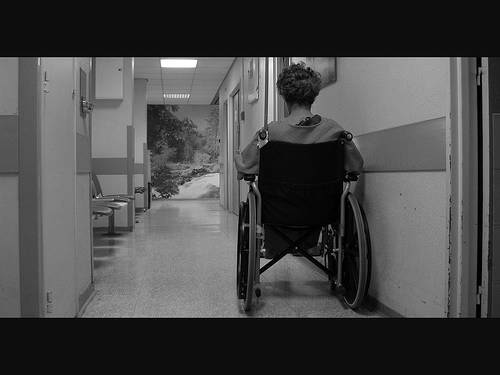
 The state health department reported that despite the man’s previous wandering behavior, the senior—who suffered from dementia, kidney failure, and heart disease—was not wearing a patient monitoring device. The care plan established by the nursing facility also failed to address the man’s prior attempts to leave the home. The man’s body was found in a creek one block south of the nursing home. The temperature dropped to below freezing on the night he disappeared. He died of hypothermia, likely several hours after he wandered off.
The state health department reported that despite the man’s previous wandering behavior, the senior—who suffered from dementia, kidney failure, and heart disease—was not wearing a patient monitoring device. The care plan established by the nursing facility also failed to address the man’s prior attempts to leave the home. The man’s body was found in a creek one block south of the nursing home. The temperature dropped to below freezing on the night he disappeared. He died of hypothermia, likely several hours after he wandered off. A state investigation conducted by health officials has uncovered a widespread problem in
A state investigation conducted by health officials has uncovered a widespread problem in 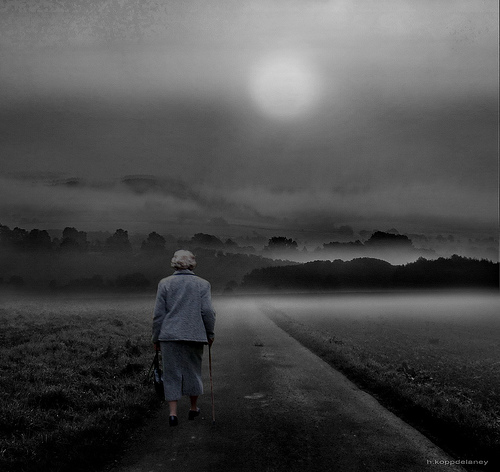 The American Academy of Neurology’s most recent
The American Academy of Neurology’s most recent 
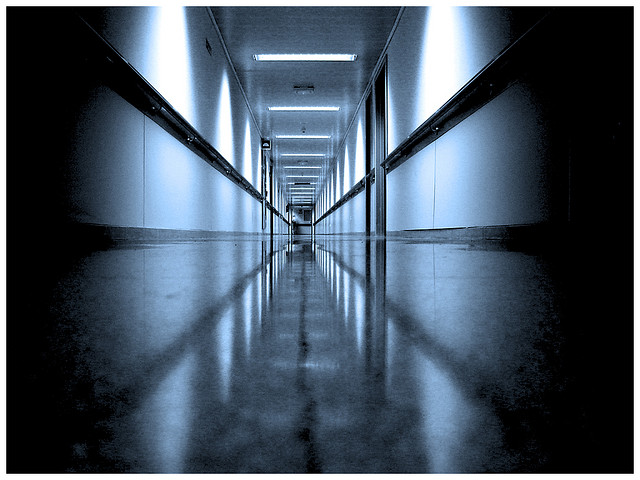 Our
Our 
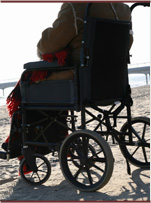 The
The 